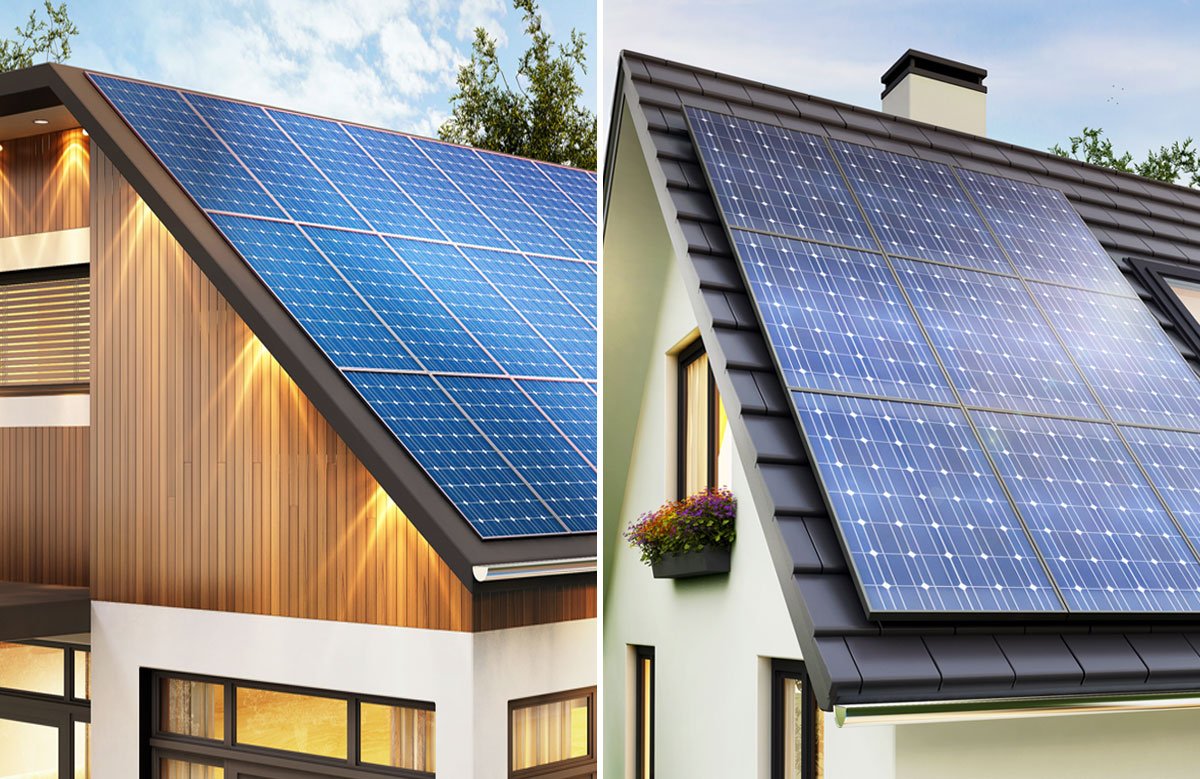Embrace the Power of the Sun: Explore Hawaii’s Solar Incentives and Rebates
Hawaii, fondly known as the “Aloha State,” stands out as a prime destination for harnessing solar energy. With its abundant sunlight and soaring electricity costs, installing a solar system presents an excellent opportunity for property owners to significantly reduce their energy expenses. According to data from the U.S. Energy Information Administration (EIA), Hawaii boasts the highest residential electricity rates in the nation, averaging a staggering 44.81 cents per kilowatt-hour, a substantial increase from 33.21 cents per hour just a year ago. Furthermore, the EIA forecasts that renewables will become the “main source for new electricity generation” by 2050.
To gain insights into the federal government’s dedication to supporting Hawaii’s pursuit of sustainable energy, let’s delve into the solar incentives, rebates, and benefits available to property owners in the Aloha State.
Hawaii’s Solar Incentives, Rebates, and Benefits: A Comprehensive Guide
Renewable Portfolio Standards (RPS) in Hawaii
Hawaii boasts enormous potential for meeting its Renewable Portfolio Standards (RPS) goals, even though the deadlines are still years away. Utility companies face hefty penalties if they fail to comply with these standards. To avoid such penalties, utility companies are incentivized to offer solar incentives to property owners who invest in solar panel installations.
Net Metering in Hawaii
While net metering, a program that allows solar panel owners to offset their electricity costs with credits earned from the power they generate, is no longer available for new solar system installations, the Hawaii Public Utilities Commission has introduced numerous solar incentive schemes and rebates. One such initiative is the Smart Export program from Hawaiian Electric, which provides credits to customers with installed battery systems who charge their batteries during the day using solar energy and distribute excess power to the grid between 4 PM and 9 PM.
Hawaii Interconnection Standards
Interconnection standards govern the rules for connecting solar and other electrical generation systems to the grid, enabling a seamless “plug-in” to the grid. Fortunately, Hawaii’s Interconnection Standards cover all islands, making installation easier and typically less expensive, enhancing the reliability of net metering.
Performance-Based Incentives (PBI) in Hawaii
Notably, Hawaii offers substantial Performance-Based Incentives (PBIs), which are solar incentives based on the actual, metered power your system generates. These payments, also known as Solar Power Performance Payments, are calculated based on the kilowatt-hours (kWh) or BTUs produced by your system, as measured by the meter. The electricity produced is credited as Solar Renewable Energy Credits (SRECs), the value of which fluctuates based on location and supply and demand. SRECs provide an excellent opportunity to help offset the cost of your solar system.
Hawaii Solar Property Tax Exemption
Investing in solar panels for your property in Hawaii comes with a rewarding benefit: your property taxes will not increase. All property owners who install solar panels are exempt from paying additional property taxes corresponding to the increased property value resulting from the solar system installation. After installing your solar system, you can maintain your previous property tax rate and receive a tax exemption, ensuring that your home’s value will not be reassessed.
Low-Cost State and Local Solar Loans in Hawaii
Hawaii offers low-cost state and local solar loans to make solar installations more accessible. The Aloha State provides the Green Energy Money Saver (GEMS) Program for low-income property owners. Additionally, the City and County of Honolulu offer solar loans with zero percent (0%) interest, payable over a twenty-year term. Private lenders also provide solar loan options.
Don’t Forget About the Federal Tax Credit, Hawaii!
In addition to these excellent programs and exemptions in Hawaii, you also qualify for the substantial tax credit from the Federal government. The Investment Tax Credit (ITC) is worth 26 percent of the system cost and will be deducted from your Federal income tax. However, the credit is only available to those who purchase their system (cash or loan), not those who lease it. This provides a compelling reason to consider purchasing rather than leasing. If you lease a system, the incentives go to the third-party owner.
Hawaii Solar Incentives and Rebates at a Glance
As electric bills continue to rise across the country, with Hawaii leading the way, the incentive to invest in solar energy has never been greater. No other state faces such exorbitant electricity costs. In states with high electricity costs, investing in solar energy can be a financially rewarding decision while taking advantage of Hawaii’s abundant sunshine. Discover today what Hawaii solar incentives and rebates you qualify for and embrace the power of the sun!




